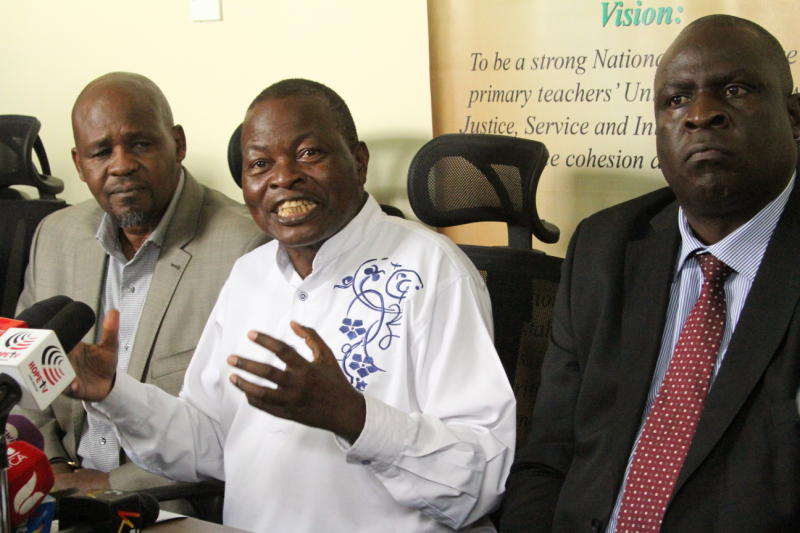×
The Standard e-Paper
Home To Bold Columnists

Poor living conditions and low pay for national examinations officials will take centre stage as secondary school teachers hold their annual general meeting today.
Full roll-out of the existing Collective Bargaining Agreement (CBA) and beginning of talks for the next phase of salary increments of up to 70 per cent will also form part of the high level meeting that brings together 1,000 delegates.